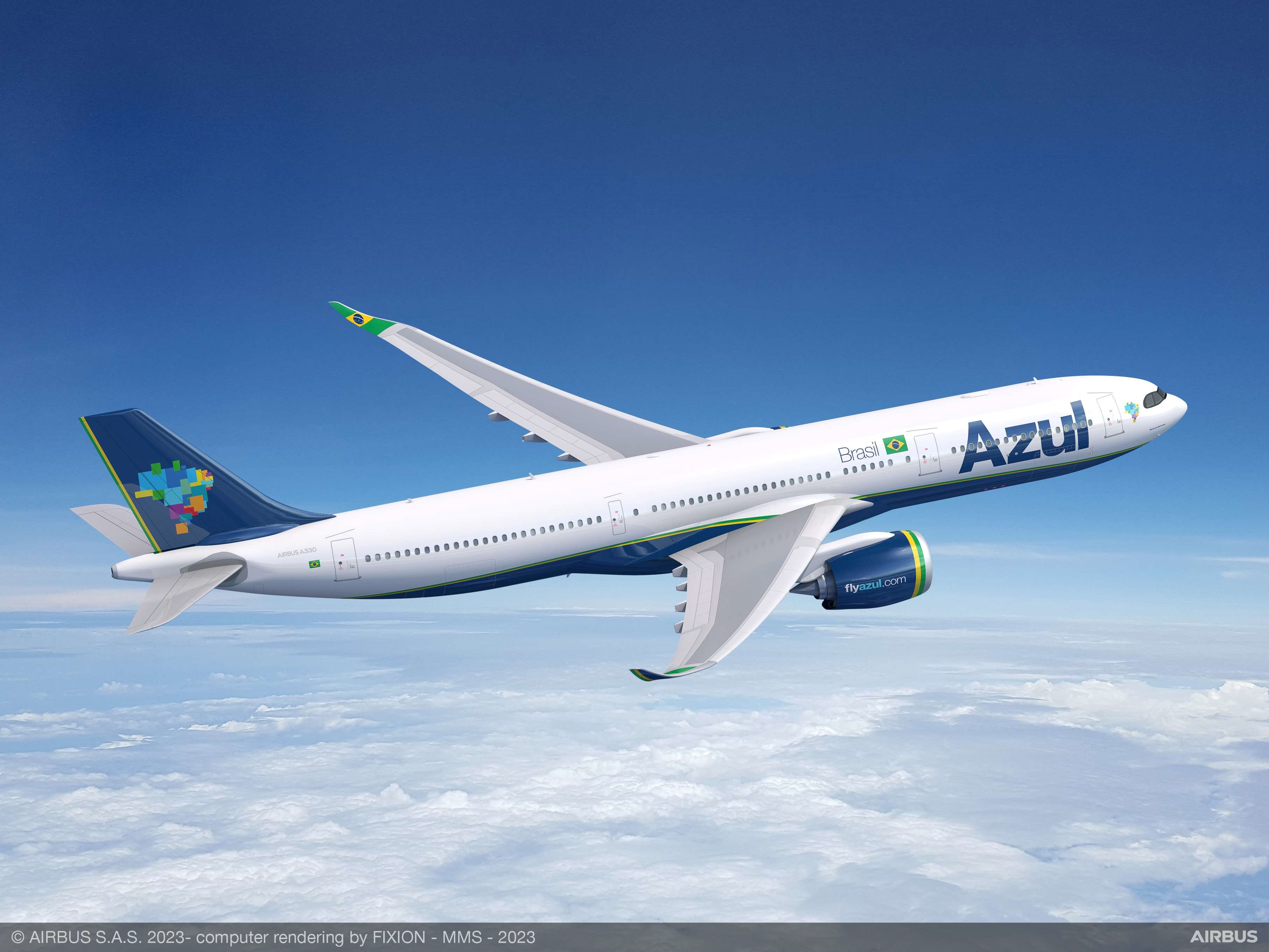Azul described its first quarter (Q1) 2024 earnings results as ""Azul's best first quarter in history"".
The company's EBITDA reached an all-time record for a first quarter, increasing 37.4% to R$1.4 billion (around $291 million), with a margin of 30.3%. This represents an increase of R$385.2 million (around $75 million) compared to Q1 2023. Operating income was also at record levels for an Azul first quarter, increasing 73.2% to R$800.7 million ($155 million), representing a margin of 17.1%, 6.8 percentage points higher than in Q1 2023.
Passenger traffic (RPKs) increased 1.7% over a capacity increase of 2.6%, resulting in a load factor of 79%. Operating revenue also reached a first quarter record, increasing 4.5% to R$4.7 billion ($913 million), which Azul attributed to being ""driven by a healthy demand environment, robust ancillary revenues, and growth in our other business units"".
CASK in Q1 2024 was R$35.01 cents ($6.80), a reduction of 5.9% compared to Q1 2023, mainly driven by a 19.1% reduction in fuel prices, partially offset by the 3.9% inflation over the last 12 months and investments to support our upcoming growth and maximize fleet availability. Fuel consumption per ASK dropped 2.6% in Q1 2024 versus Q1 2023, which Azul said was ""a result of the higher number of next generation aircraft in our fleet"".
RASK and PRASK stood at record levels for an Azul first quarter, which the airline attributed to the strength of its business model.
Immediate liquidity was R$2.7 billion ($525 million), 50.8% higher compared to Q1 2023, representing 14.4% of the last twelve months’ revenues. In the quarter, Azul continued to deleverage and paid down over R$1.8 billion ($350 million) in debt amortisation, interest, and deferrals.
""We continue to be 100% focused on increasing the profitability of our business, and with our continued fleet transformation, increased aircraft utilization and other initiatives, we will end this year as a much larger and more profitable airline,"" said John Rodgerson, CEO of Azul. ""Between now and 1Q25, we will receive 13 new Embraer E2s, which deliver 18% lower fuel burn compared to the E1 with 18 more seats, leading to a 26% lower cost per seat. Combining these economics with our unique network strategy, we will generate significant EBITDA, free cash flow and margin expansion in the second half of 2024 and in the years to come.""
Azul posts record first quarter results

